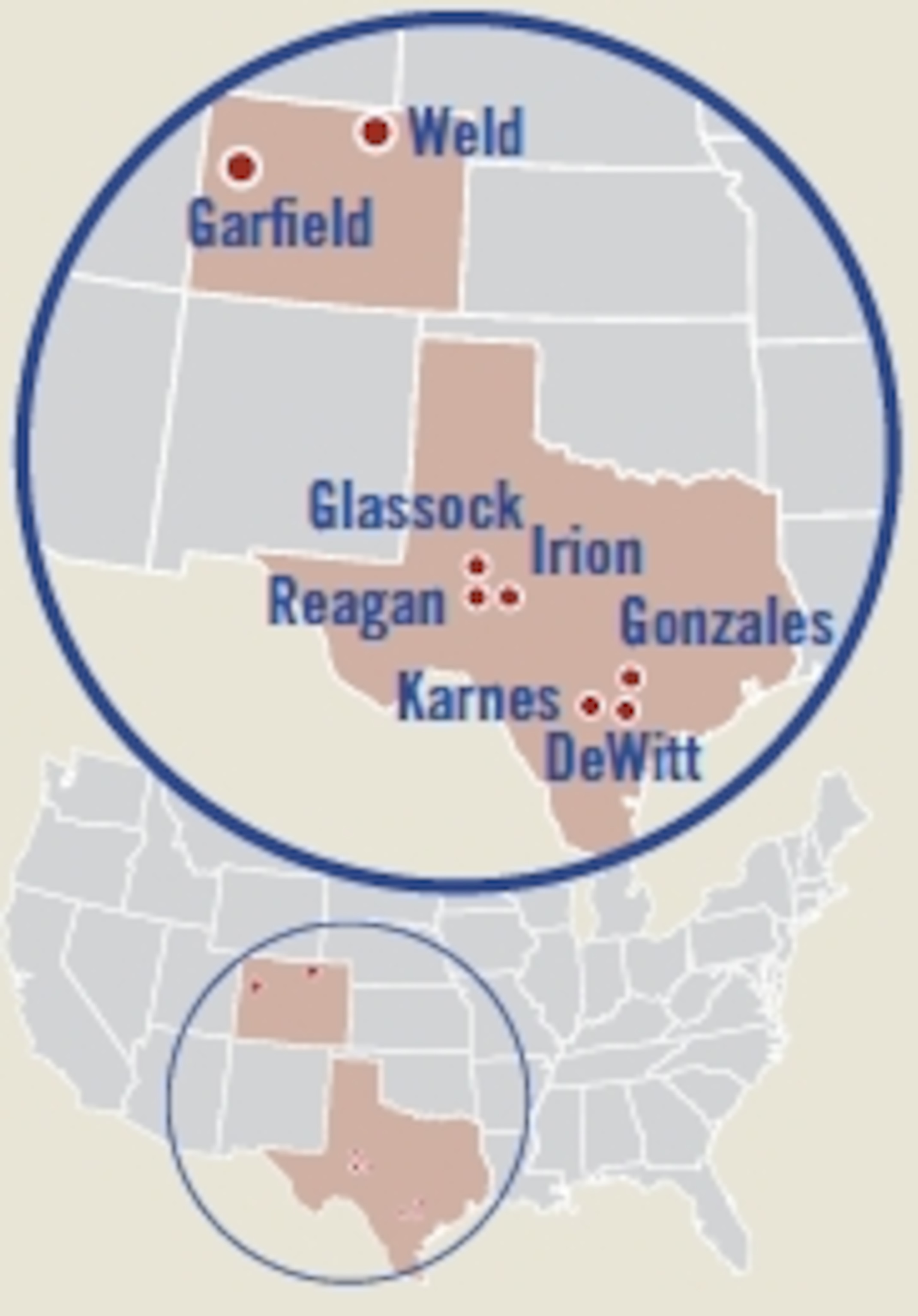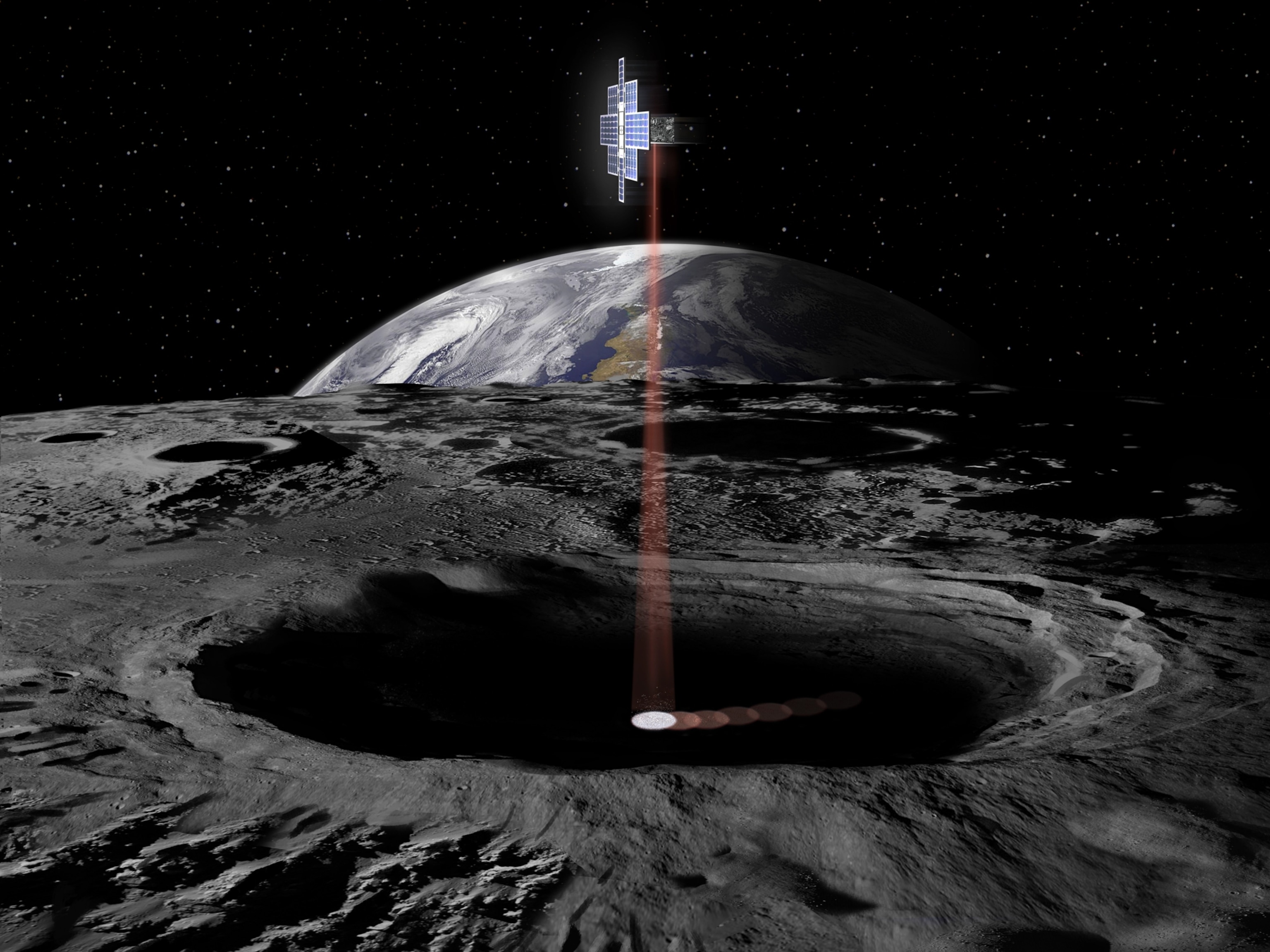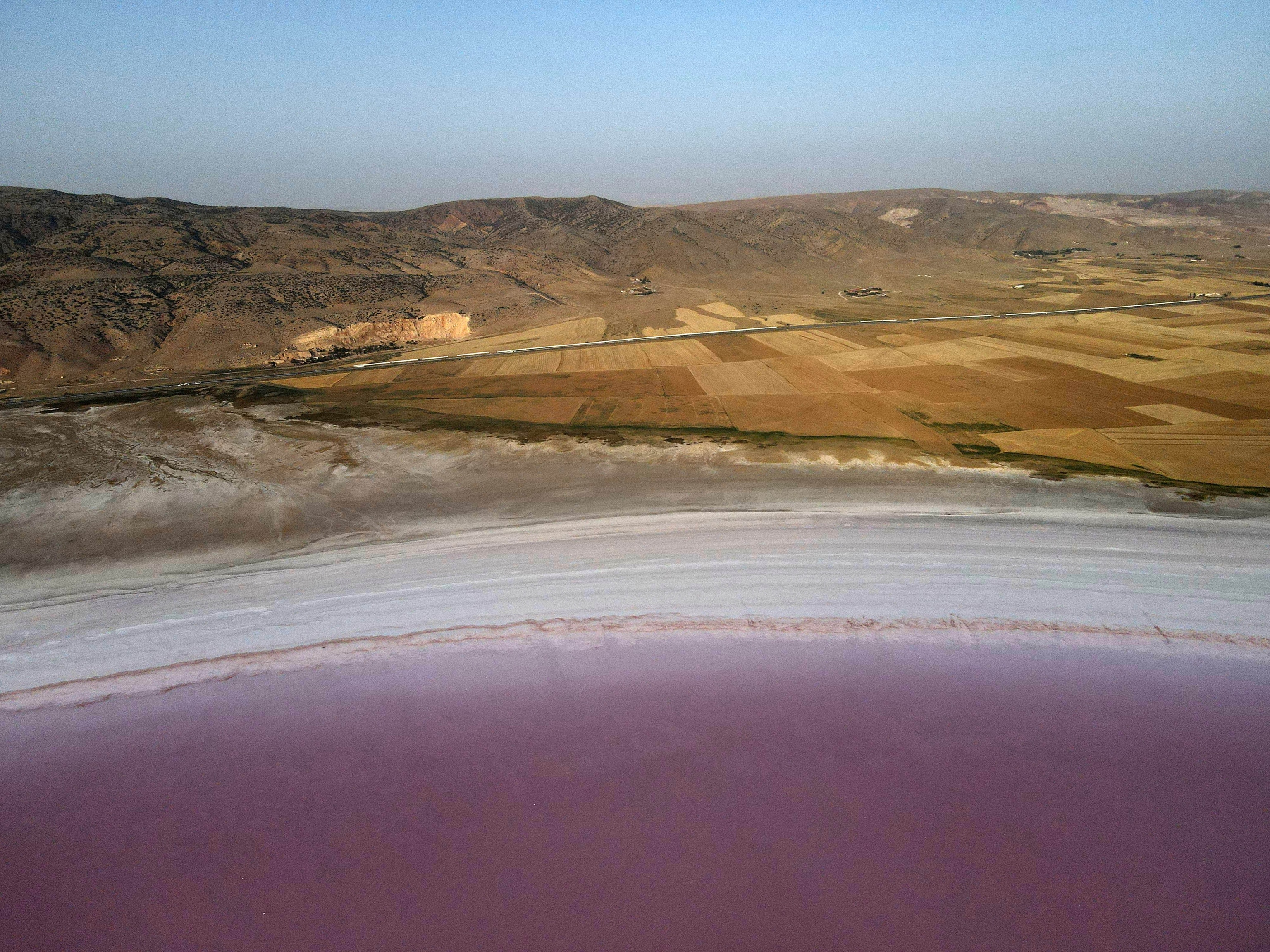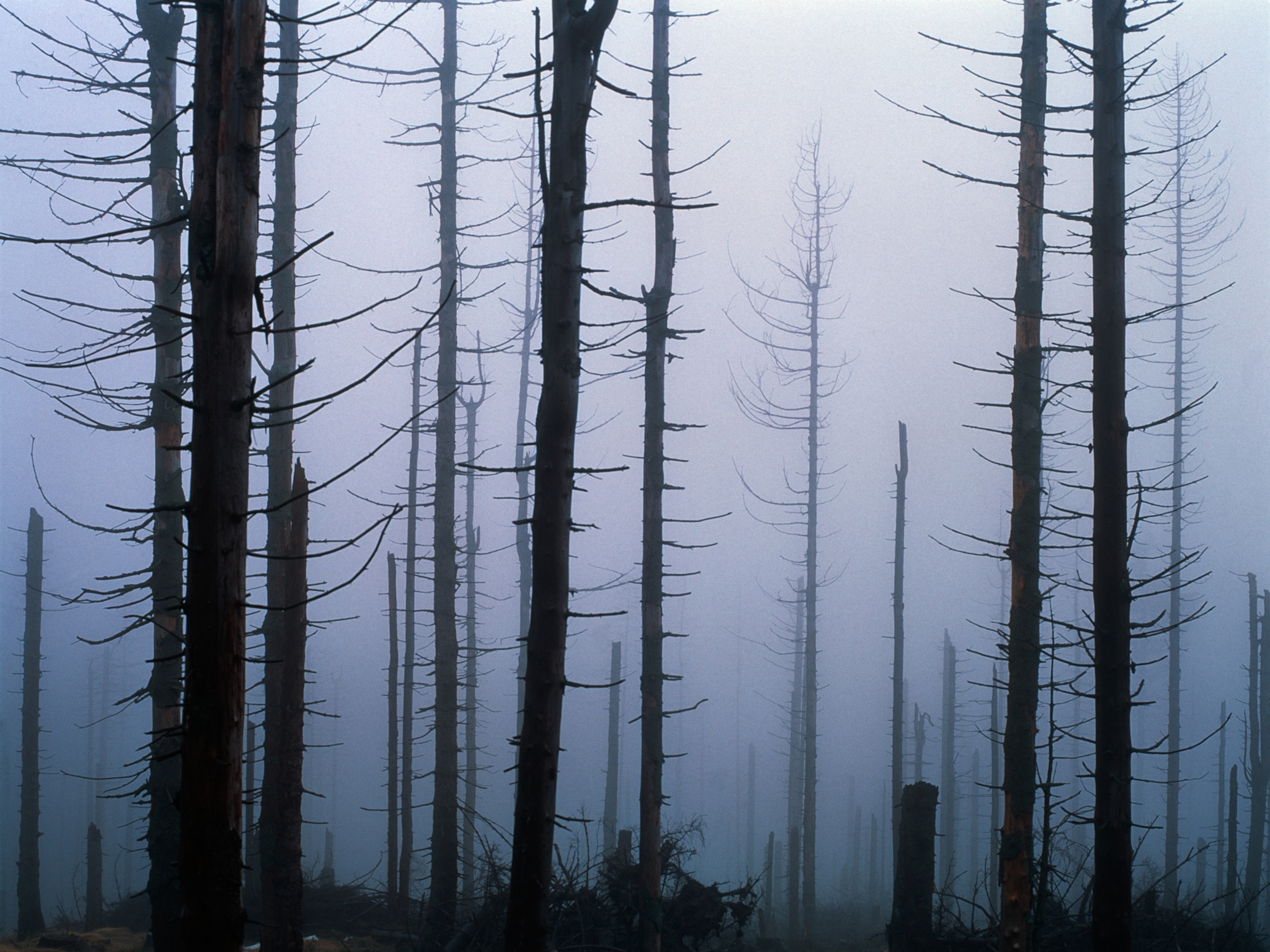
Fracking in Water-Stressed Zones Increases Risks to Communities – and Energy Producers
Even as concerns arise about the threats hydraulic fracturing poses to water quality and human health, a new study released yesterday finds that the water demands of the “fracking” process are adding considerably to localized water depletion, especially in parts of Texas, Colorado, and California. (Vote and comment: “How Has Fracking Changed Our Future?“)
Nearly half of the fracking wells in operation since 2011 are located in regions with high or extremely high water stress, according to the report by Ceres, a non-profit organization that works with investors and businesses to promote more sustainable practices.
Competition for water between cities, farms and industries is already tight in those water-stressed areas, posing risks of supply disruptions during times of drought. Rivers and wetlands often suffer from insufficient flows in such areas, and depletion of groundwater is common. (See related story: “Water Demand for Energy to Double by 2035.”)
While agriculture is by far the biggest consumer of water in the western states, “fracking is the latest party to come to the table,” said Monika Freyman, author of the report and senior manager in Ceres water program, during a teleconference. In some ways it’s “the straw that’s breaking the camel’s back.” (Take the related quiz: “What You Don’t Know About Water and Energy.”)
Hydraulic fracturing is the process of blasting water mixed with sand and chemicals deep underground at high pressure so as to fracture shale rock and release the oil and gas it holds. Combined with the technique of horizontal drilling, it has made previously inaccessible fossil fuel reserves economical to tap, and fracking operations have spread rapidly across the country and in many parts of the world.
Each hydraulically fracked well can use 2-8 million gallons of water, with 4-5 million gallons per well being fairly common.
To perform its analysis, Ceres overlaid data on the number and location of fracking wells from the FracFocus database (obtained via PacWest Consulting Partners’ FracDB) onto maps of water stress prepared by the World Resources Institute, a Washington, DC-based research organization.
In addition to finding that nearly half of the 39,294 fracking wells analyzed were situated in high or extremely high water-stressed areas, Ceres found that more than 55% were in regions experiencing drought and more than 36% were in zones where groundwater is being depleted, including west Texas and California’s Central Valley, where depletion will intensify this year due to the record-breaking drought.
Even if the water used by fracking operators is a small percentage of a state’s total water use, it can account for a very high share in particular counties.
In Colorado, for example, 89 percent of the water used for fracking in the state’s two major shale energy plays is concentrated in just two counties, and both are categorized as extremely water-stressed – Garfield County, where fracking’s water use totaled 1.9 billion gallons in 2012, and Weld County, where it totaled 1.3 billion gallons.

By 2015, Colorado’s statewide water demand for fracking is expected to double to 6 billion gallons, according to the report.
In drought-plagued Texas, which the report calls “ground zero” for water supply risks due to the rapid expansion of shale energy production in recent years, several counties with intensive fracking operations have declared water emergencies.
The Permian Basin shale play in west Texas overlaps parts of the Ogallala Aquifer, which has been undergoing steady depletion for decades, largely due to the water demands of irrigated farming.
These findings present some big challenges for both the water-stressed counties where fracking is expanding, and for the companies doing the fracking. As competition for water intensifies, the risk of shortages – especially in drought-prone regions – increases. The potential for supply shortfalls poses operational risks to the energy producers as well as risks of rationing and other emergency measures to the wider community.
The Ceres report comes none too soon. With hydraulic fracturing expanding rapidly, the water risks posed by these rising demands will only increase.
Among the actions Ceres calls for is fuller disclosure by shale-energy companies as to how much water they use and from which sources, the development of plans (in conjunction with other stakeholders) to protect local water sources and watersheds, and more concerted efforts to reduce water use through investments in water efficiency and recycling. (See related story: “North Dakota’s Salty Fracked Wells Drink More Water to Keep Oil Flowing.”)
The fracking train has long ago left the station, but the institution of enforceable procedures and practices to ensure the protection of water supplies has lagged badly behind.
Until that’s remedied, the public is right to take action to slow the train down.
Sandra Postel is director of the Global Water Policy Project, Freshwater Fellow of the National Geographic Society, and author of several books and numerous articles on global water issues. She is co-creator of Change the Course, the national freshwater conservation and restoration campaign being piloted in the Colorado River Basin.



